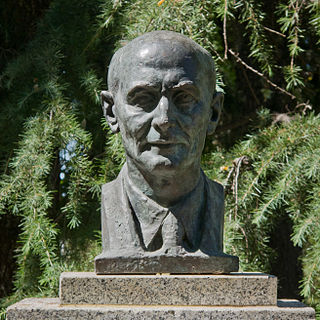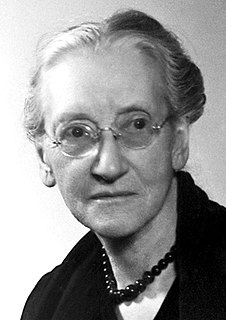A Quote by Ellen Key
Social motherliness has made women's struggle for liberty the loveliest synthesis of egoism and altruism.
Related Quotes
Women have a hard time of it in this world. They are oppressed by man-made laws, man-made social customs, masculine egoism, the delusion of masculine superiority. Their one comfort is the assurance that, even though it may be impossible to prevail against man, it is always possible to enslave and torture a man.
By consequence I hold that no one ever did, or can do, anything for "society."... Comte invented the term altruism as an antonym for egoism, and it found its way at once into everyone's mouth, although it is utterly devoid of meaning, since it points to nothing that ever existed in mankind; This hybrid or rather this degenerate form of hedonism served powerfully to invest collectivism's principles with a specious moral sanction, and collectivists naturally made the most of it.
I was born in Tehran at a time when women's rights were deteriorating at a rampant rate. My parents didn't want to raise their daughter in a social, political, and religious climate that was growing increasingly oppressive toward women and girls, so they emigrated to London. But the struggle of the Iranian people was permanently etched in my social consciousness from a young age.
When Nietzsche praises egoism it is always in an aggressive or polemical way, against the virtues, against the virtue of disinterestedness (Z III "Of the three evil things"). But in fact egoism is a bad interpretation of the will, just as atomism is a bad interpretation of force. In order for there to be egoism it is necessary for there to be an ego.




































